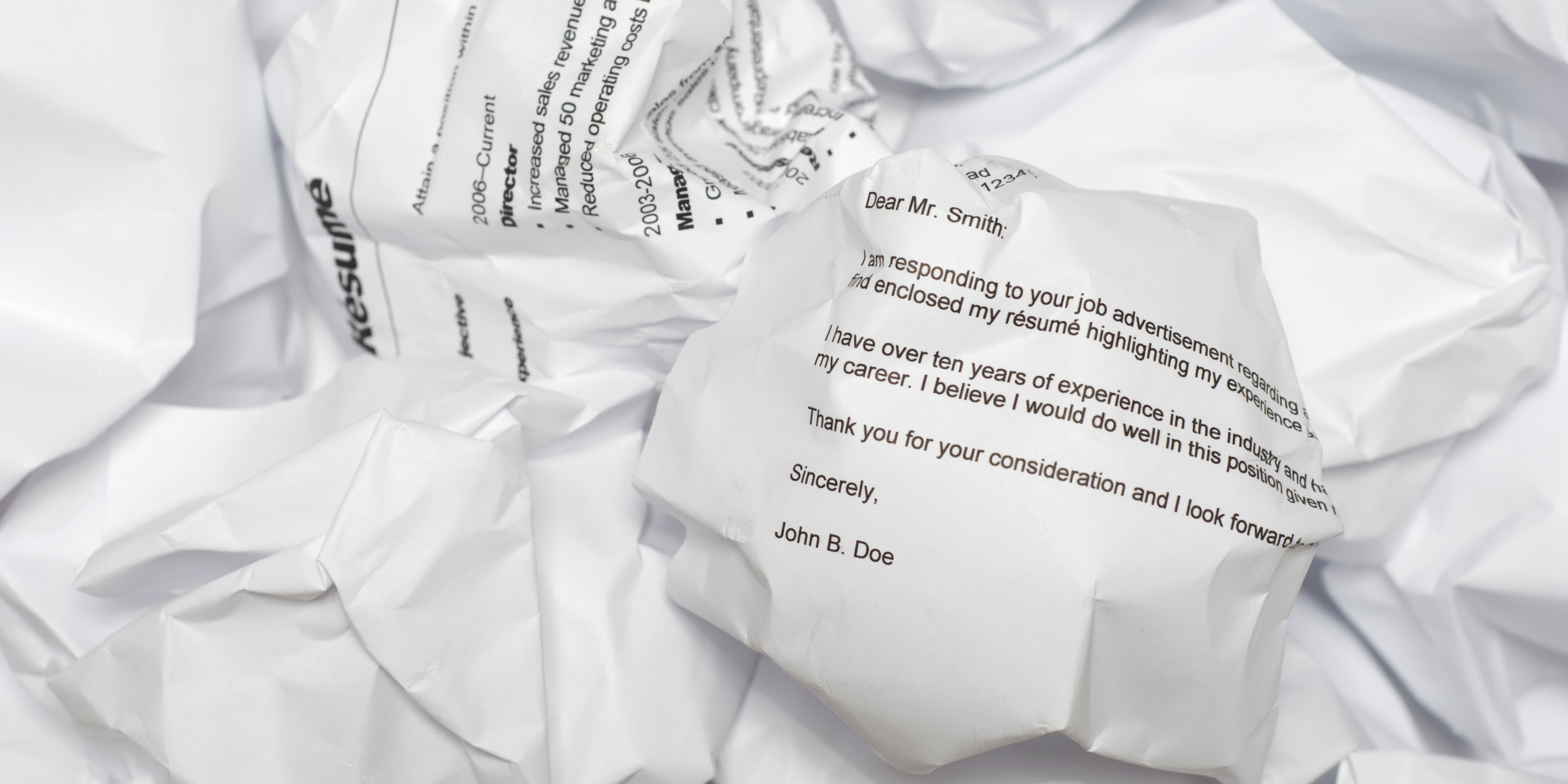Whilst the debate around whether CV’s are outdated or even defunct continues, for the moment we think that they are still relevant. One thing always surprises us – we take so long getting our CV exactly right (well most of us do), is the grammar correct, are there any spelling mistakes (we do still see a lot of CV’s with these though!), is the layout ok etc. (Check out how to write a CV in our other tips). But how often do we take the time to write a covering letter?
It has over the years become so easy to apply for job vacancies, pinging Cv’s off left, right and center. How much time is actually taken to then tailor make those CV’s to the role you are applying or highlight on a coversheet why you are actually good for the vacancy you are applying for, assuming you have actually read the job description in the first place (we really hope you have, it shows if you haven’t!).
Despite many online recruitment processes, humans for the moment are still prescreening CV’s so you really do need to make yourself stand out from the crowd. It is estimated that a recruiter or hiring manager spends 6-8 seconds screening a CV so by making your covering letter easy to read and information easy to find by highlighting the relevant points you may encourage a hiring manager to spend more time looking at your CV. If you can highlight in a covering letter, why you are right for the role in the first place surely this will give you an edge over other applicants otherwise you may not even make the cut on the initial shortlist.
So, let us think about what recruiters look for in the first instance in your letter. Is it that your CV is attached? No, it is what the specific role is that you are applying for, what skills, experience, and expertise you have that’s relevant for the role together with further clarification as to why you are a good fit for the role and why you want to work for the company. Take the time to get this right or they may not even read past your covering letter or personal statement and get to your CV.
See our six steps to perfecting your covering letter and use them the next time you apply for a role and let us know your results.
- First things first. Who are you sending your CV to? Find out the name and information of the hirer/ recruiter and address it to them personally. If it does not say the contact’s name on the advert call the company and do some research, it makes it more personal and gives you a point of contact to follow up later, not to mention, making sure it gets to the right person.
- State the role for which you are applying. There may be multiple roles advertised and you want to make sure it is the right one, also state where you saw the advert. Managers like to know you are applying for the right role and tracking applications helps give feedback on what adverts are working for them.
- Each covering letter should be different. No two jobs are the same and the skills required are different for each one so here is where you really need to tailor make your letter to that specific role. Your CV is more in depth, which you can refer to if needed but this is an opportunity for you to sell yourself in your words and give them a quick snapshot of why you are right for the role.
- Bearing in mind we have 6-8 seconds to make a good first impression, so let us get to it. Read the job description again and highlight the experience required. What do you have that is most relevant to the role you are applying for? Is it your relevant work history? Do you have skills and experience that are relevant to the job, or do you have industry experience? Your Education – does the role require that you have a certain level of education or qualification? In which case this could be the first thing they need to know and see if you are qualified for the position. (If your education is not relevant then leave it off the covering letter, it is in your CV). Success & Achievements – what contributions, successes and achievements have you had that have impacted your places of work or studies that are relevant to the role and what contributions can you bring to the employer that someone else cannot?
- Keep it short, to the point and make it relevant. They have a CV attached which is more detailed so keep it short, remember we want this done and dusted in 6-8 seconds so do not detract with fancy fonts and formatting and make sure you proofread, and spell check the letter and CV.
- Sensible file names and email addresses If you are posting the letter great, otherwise if you are emailing or uploading a file make sure it has a professional or sensible name and is ideally in a word format. Not all software can read PDFs and files saved in other programs. Also, make sure your email address is professional and your contact details are on both your CV and covering letter, you would be surprised how often people miss this off if they are emailing. If your CV is later printed off no one has any information for you, and it is just another way you can fall through the net.
Obviously if you are applying for a role through Bond Williams, we will do this work for you, but we would still recommend highlighting why you would be good for the role when submitting your CV to us especially if it is not obvious from your CV and experience.
And in the meantime, we hope you take on board our top tips and wish you all the luck with your next application.





